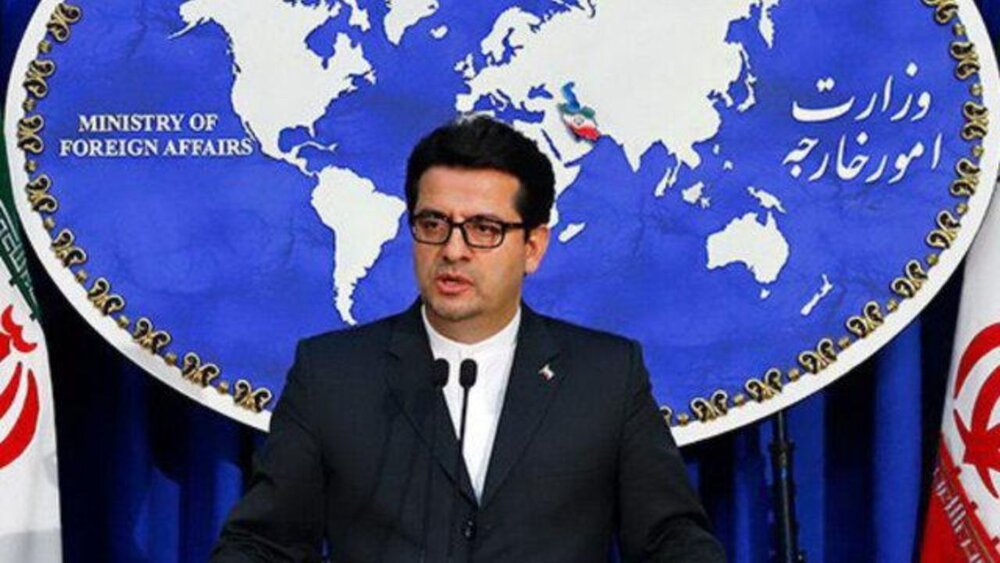Iran calls IAEA resolution ‘counterproductive’

TEHRAN - Foreign Ministry spokesman Abbas Mousavi said on Friday that the anti-Iran resolution by the International Atomic Energy Agency’s Board of Governors is “unacceptable” and “counterproductive”.
“Issuance of the board of governors’ resolution is totally counterproductive and disappointing when the Islamic Republic of Iran has had cooperation with the agency at the highest level,” Mousavi said in a statement.
Foreign Ministry spokesman says, “Exaggerating the agency’s requests by certain governments with the United States at top of them while the basis of such requests can be questioned, is attempt to cause a new crisis on the path of Iran and the agency’s cooperation.” He added, “Exaggerating the agency’s requests by certain governments with the United States at top of them while the basis of such requests can be questioned, is attempt to cause a new crisis on the path of Iran and the agency’s cooperation.”
He urged the members of the board of governors to be vigilant about the U.S. and Zionist regime of Israel’s attempts to reopen fake old dossiers whose incredibility had been proved.
“Those member states who voted for the resolution were expected to understand the hidden objectives of the Zionist regime and the ruling regime in the United States and refrain from accompanying them in their attempt to create an unnecessary tension,” he noted.
Mousavi strongly condemned the UK, France and Germany’s move in drafting the resolution.
“These three governments, who have been unable to implement their obligations under the JCPOA, took this action to escape forward and evade their responsibilities under the JCPOA,” he said.
Elsewhere, Mousavi said the resolution is an excessive demand by the U.S. and the three European countries which is not accepted by Iran.
Supporters of the resolution will be responsible for consequences of the tension in Iran-IAEA relations, he said.
The 35-member IAEA board passed the resolution on Friday, demanding access to two old places they claim nuclear work may have been done there.
China and Russia opposed the resolution and seven countries including South Africa, Niger, Mongolia, Thailand, the Republic of Azerbaijan, Pakistan and India also abstained to vote.
France, Britain, and Germany, the three European parties to the 2015 nuclear deal, submitted the draft resolution to the IAEA board on Thursday. The board did not succeed to approve the resolution on Thursday due to opposition by Iran and China. However, the resolution was ratified on Friday despite Russia and China’s opposition.
Kazem Gharibabadi, Iran’s ambassador to the Vienna-based International Atomic Energy Agency, said on Friday, “Iran categorically deplores this resolution and will take appropriate action in response, the repercussions of which would be upon the sponsors of this resolution.”
He also said, “Considering the extensive level of constructive cooperation between Iran and the Agency and simply overlooking this level of cooperation, adoption of this resolution aimed at requesting Iran to cooperate with the Agency is deeply disappointing.”
Foreign Minister Mohammad Javad Zarif says the three European countries signatory to the 2015 Iran nuclear deal are absolutely powerless against the U.S. coercion.
“E3 must stop public face-saving and muster the courage to state publicly what they admit privately, their failure to fulfill even own JCPOA duties due to total impotence in resisting the US bullying behind the facade, E3 are accessories to Trump and Netanyahu—and in no position to counsel Iran,” Zarif wrote on his Twitter account on Friday.
NA/PA
Leave a Comment